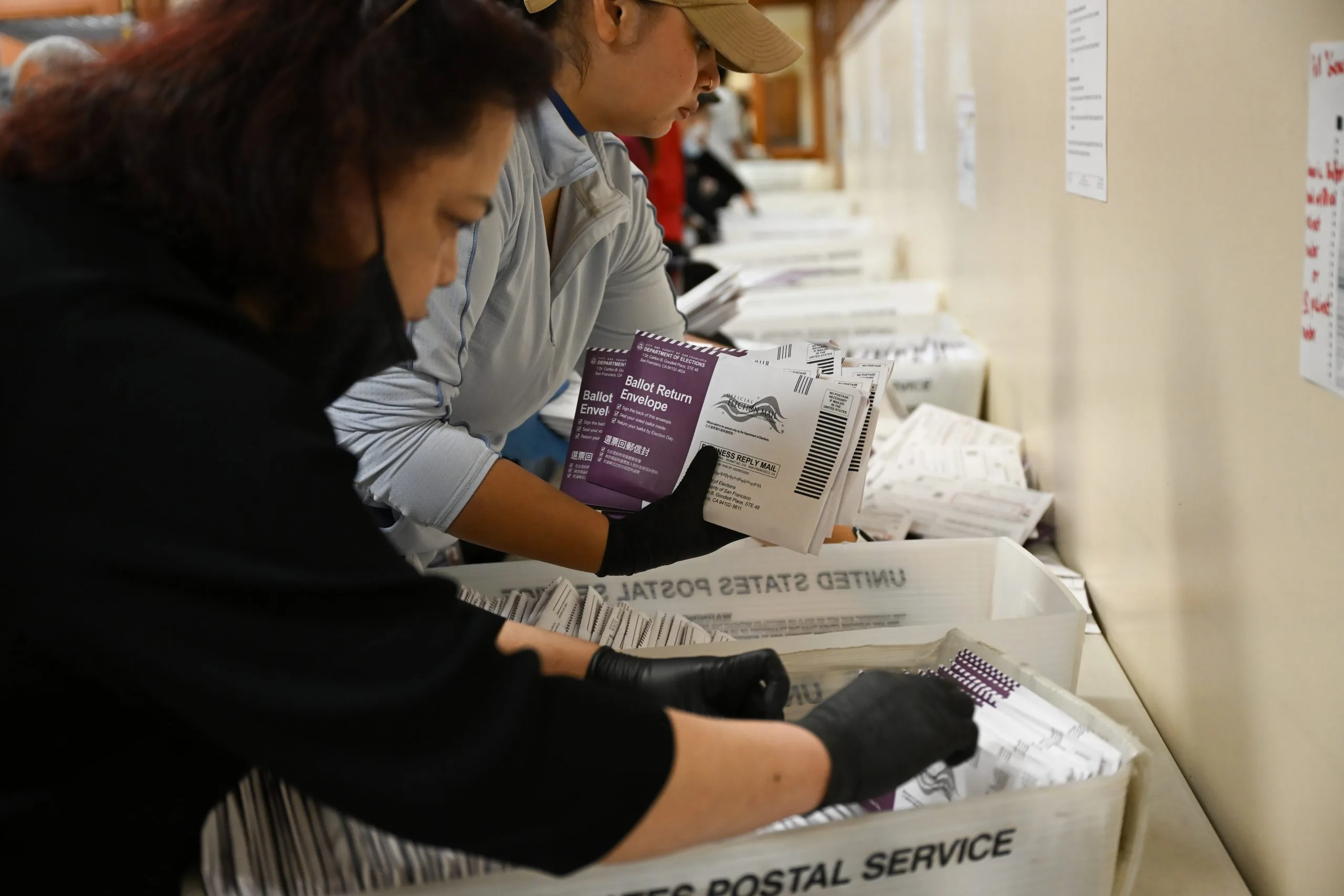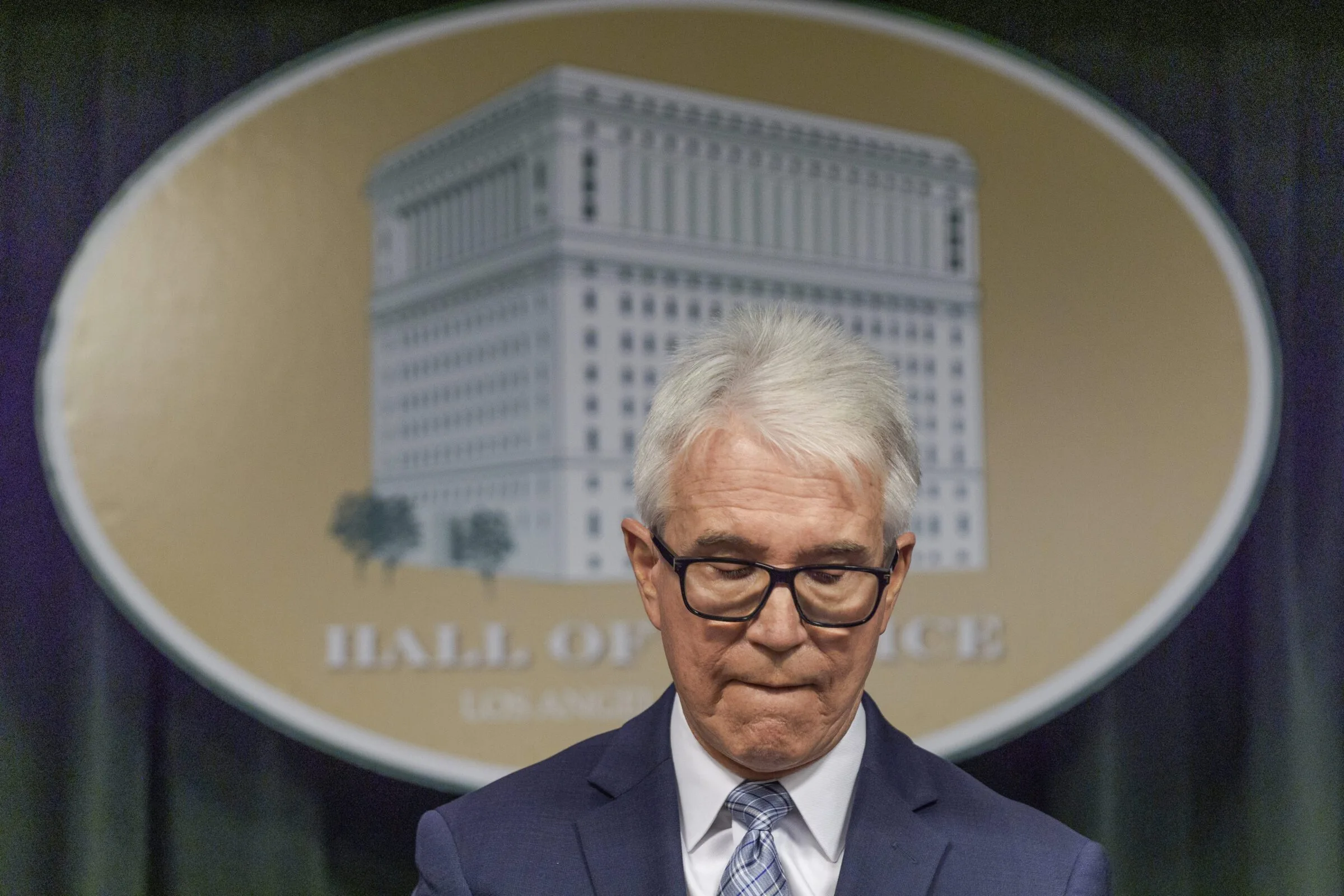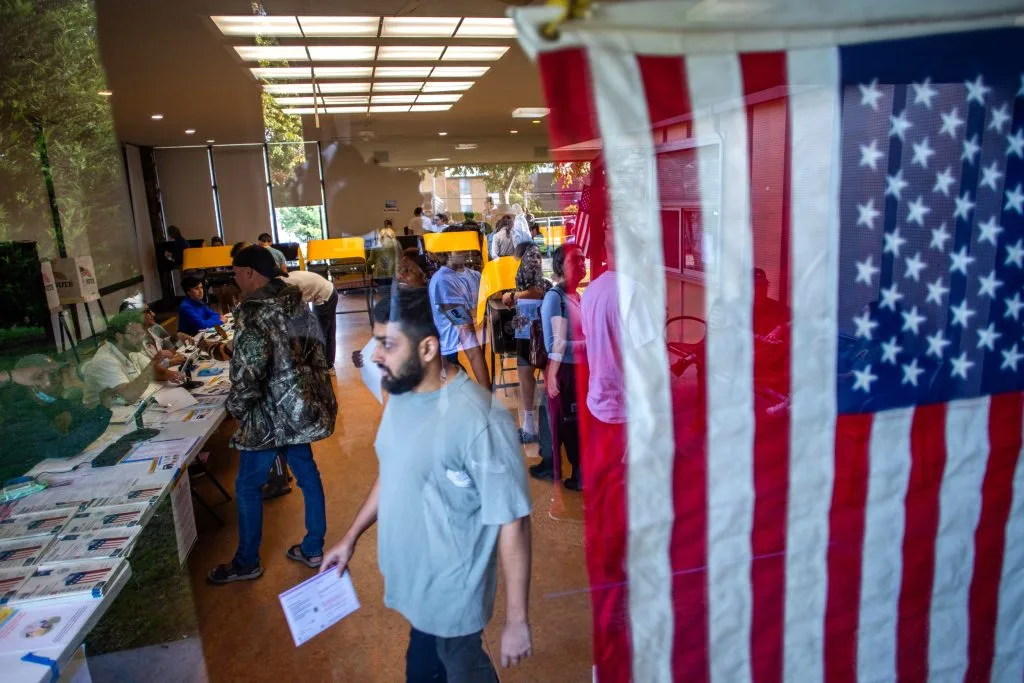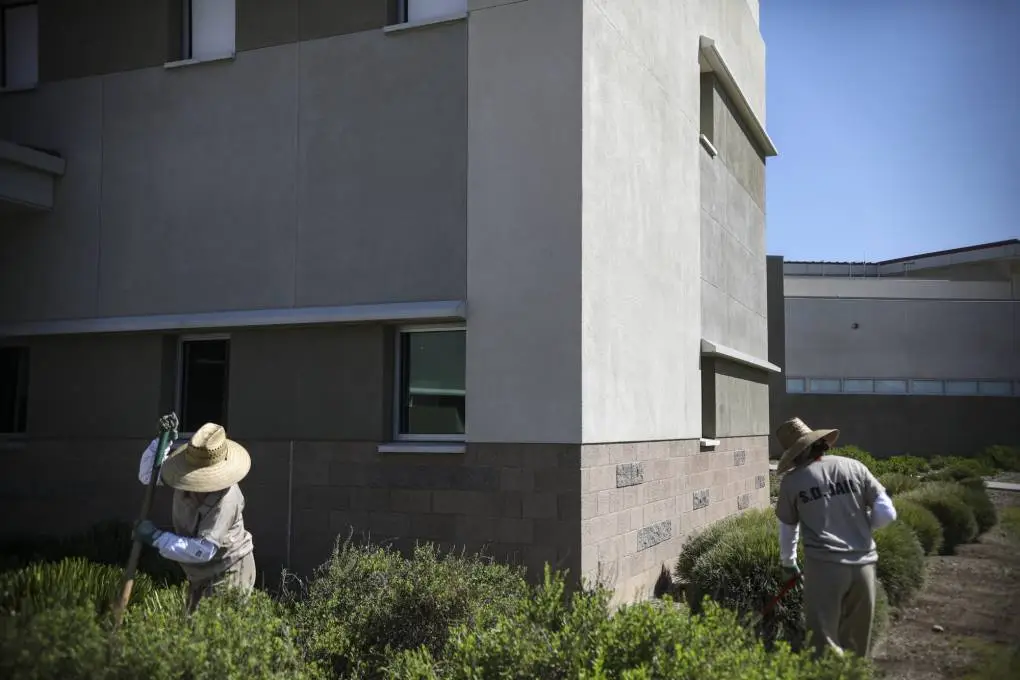alyaza [they/she]
internet gryphon. admin of Beehaw, mostly publicly interacting with people. nonbinary. they/she
- 229 Posts
- 120 Comments

 3·2 days ago
3·2 days agoSurely it can’t just be because a town name happens to contain “lsd” in the middle of it?
Facebook is a remarkably bad website so i think you’d be quite surprised at how stuck in the past they are over there

 13·6 days ago
13·6 days agoWith no voices in support in the original post and currently the only two voices in support here being the mods themselves.
bluntly: this is not a democracy, we don’t pretend it is, and we’ve never run it that way so this is not a particularly relevant consideration for us. democracy at the scale of communities is an incredibly fraught issue that requires a lot of time and energy to administer we don’t have. in any case none of our referendums in the community (which we’ve done before) have been majority votes, they’ve solicited feedback that informs our judgement. our judgement here is this is a good idea regardless of how the community feels about it, and that even if we didn’t implement the moratorium we’d be cracking down on posts, handing out bans, and doing sweeping removals because we’ve been more permissive than our usual moderation on the subject and let behavior we’d normally step in on go.
in short: even if the moratorium were removed, that’d just mean heavier-handed enforcement from this point forward. if people really want no moratorium then they should be prepared to start catching 30-day bans (or permanent bans if they’re off instance) for any unkind behavior.

 9·6 days ago
9·6 days agoWhy are you doing this if you don’t think what happens here matters?
if you think something has to arbitrarily “matter” to be socially valuable to do then there’s your problem. in any case, i certainly don’t think the value of this platform rests on “people knifing each other about a presidential election they have very little power over the outcome of.”

 5·6 days ago
5·6 days agoIf one takes that attitude, you’re right, you won’t change the world.
i think you’re conflating “having value” with “changing the world” when these are two essentially independent qualities. at no point have we ever sought to “change the world” with this (because we’re five people running this in our spare time, that’s not in our capabilities as people), and from the beginning we’ve said we’d be content with only a handful of people using this place as long as they get something out of doing it (because that’s what we consider valuable, not whether or not this can have sweeping social impact or importance).

 13·6 days ago
13·6 days agobecause you can play meaningless “what if?” games like this forever. at the end of the day you don’t have to be a pessimist to realize the odds of something here changing the world are so minute that it’s fine to put a moratorium on certain kinds of posts. you’re not going to convince me otherwise. and even in the optimistic scenario: virtually all of what’s discussed here, while interesting, is designed to be fleeting and buried. conversations on link aggregators tend to have a shelf-life of no more than a week, and that’s not really where you’re going to find ideas that make change. here the conversations usually die down after an even shorter period (about two days).
frankly: if the next Lenin or whatever is actually on Lemmy, i’d tell them to get a blog instead of hashing it out in link aggregator comment sections. it’s a better use of their time, it’s a better place to test and hone their ideas, and they have actual editorial control over everything.

 7·6 days ago
7·6 days agoA lot of people are understandably upset right now, and yes, all the facts of the election are not in yet. But do you really want to have a moratorium on election posts for a whole month?
yes, the mod team is in more-or-less unanimous agreement on the subject. and if we were moderating to the exact same standard we usually do we’d likely be removing, locking, or severely pruning nearly every thread posted in the politics section on the subject in the past few days. maybe we’ll shorten if it need be but moratorium itself is not controversial and i do not anticipate us reversing course on it. please remember that this cannot be a day job for any of us.

 13·6 days ago
13·6 days agoWho’s to say some random comment in a random post on the presidential election doesn’t come up with some incredible idea or solution?
if someone does this i trust they won’t limit it to a niche social media website with like 500 users, where it will have no actual visibility and will reach exactly zero actual powerbrokers. i don’t think this is a remotely convincing hypothetical, personally, and its logic would extend far beyond talk of the presidential election.

 17·6 days ago
17·6 days agoDoes this extend to not discussing plans, posting information about which states may be taking measures to protect their citizens or how effective those measures might be, or discussing things like resistance or mutual aid?
no, why would it? even way you’re describing them makes it clear they’re not about the presidential election. don’t be too clever by one half–if there’s a problem with a submission we’ll just tell you.

 42·8 days ago
42·8 days agoThe Mozilla Foundation laid off 30 percent of its workforce and completely eliminated its advocacy and global programs divisions, TechCrunch reports.
“Fighting for a free and open internet will always be core to our mission, and advocacy continues to be a critical tool in that work. We’re revisiting how we pursue that work, not stopping it,” Brandon Borrman, the Mozilla Foundation’s communications chief, said in an email to The Verge. Borrman declined to confirm exactly how many people were laid off, but said it was about “30% of the current team.”

 6·8 days ago
6·8 days agonote: i’ve proposed this to the community mods, if we think it’s a good idea (i think it is, and i’d like to enforce it asap) it’ll go into effect soon.

 7·10 days ago
7·10 days agoPOLL CLOSED, the results are as follows:
- Kamala Harris (Democratic) (Condorcet winner: wins contests with all other choices)
- Claudia De la Cruz (Socialism and Liberation) loses to Kamala Harris (Democratic) by 30–10
- Vermin Supreme (Independent/Pirate) loses to Kamala Harris (Democratic) by 34–6, loses to Claudia De la Cruz (Socialism and Liberation) by 15–11
- Cornel West (Independent) loses to Kamala Harris (Democratic) by 31–10, loses to Vermin Supreme (Independent/Pirate) by 15–12
- Bill Stodden (Socialist) loses to Kamala Harris (Democratic) by 34–7, loses to Cornel West (Independent) by 11–9
- Rachele Fruit (Socialist Workers) loses to Kamala Harris (Democratic) by 34–6, loses to Bill Stodden (Socialist) by 9–7
- Jill Stein (Green) loses to Kamala Harris (Democratic) by 34–6, loses to Bill Stodden (Socialist) by 15–8
- Blake Huber (Approval Voting) loses to Kamala Harris (Democratic) by 33–8, loses to Jill Stein (Green) by 13–9
- Laura Ebke (Liberal) loses to Kamala Harris (Democratic) by 37–2, loses to Blake Huber (Approval Voting) by 10–7
- Joseph Kishore (Socialist Equality) loses to Kamala Harris (Democratic) by 35–5, loses to Laura Ebke (Liberal) by 9–8
- Peter Sonski (American Solidarity) loses to Kamala Harris (Democratic) by 38–1, loses to Joseph Kishore (Socialist Equality) by 12–5
- Lucifer “Justin Case” Everylove (Independent) loses to Kamala Harris (Democratic) by 37–3, loses to Peter Sonski (American Solidarity) by 10–8
- Jay Bowman (Independent) loses to Kamala Harris (Democratic) by 37–2, loses to Peter Sonski (American Solidarity) by 9–7
- Robby Wells (Party) loses to Kamala Harris (Democratic) by 38–1, loses to Jay Bowman (Independent) by 8–6
- Chris Garrity (Independent) loses to Kamala Harris (Democratic) by 37–2, loses to Robby Wells (Party) by 8–6
- Richard Duncan (Independent) loses to Kamala Harris (Democratic) by 37–2, loses to Chris Garrity (Independent) by 8–4
- Shiva Ayyadurai (Independent) loses to Kamala Harris (Democratic) by 37–2, loses to Richard Duncan (Independent) by 7–6
- Chase Oliver (Libertarian) loses to Kamala Harris (Democratic) by 37–2, loses to Shiva Ayyadurai (Independent) by 11–8
- Joel Skousen (Constitution dissident) loses to Kamala Harris (Democratic) by 38–1, loses to Chase Oliver (Libertarian) by 10–8
- Michael Wood (Prohibition) loses to Kamala Harris (Democratic) by 38–1, loses to Joel Skousen (Constitution dissident) by 10–6
- Randall Terry (Constitution) loses to Kamala Harris (Democratic) by 38–1, loses to Michael Wood (Prohibition) by 8–7
- Mattie Preston (Godliness, Truth, Justice) loses to Kamala Harris (Democratic) by 37–2, loses to Randall Terry (Constitution) by 10–5
- Robert F. Kennedy Jr. (Independent) loses to Kamala Harris (Democratic) by 38–1, loses to Mattie Preston (Godliness, Truth, Justice) by 14–6
- Donald Trump (Republican) loses to Kamala Harris (Democratic) by 39–1, loses to Robert F. Kennedy Jr. (Independent) by 22–2


 177·16 days ago
177·16 days agoapparently, the path to profitability was “shamelessly sell out on AI hype bullshit”
As of 2019 the company published 100 articles each day produced by 3,000 outside contributors who were paid little or nothing.[52] This business model, in place since 2010,[53] “changed their reputation from being a respectable business publication to a content farm”, according to Damon Kiesow, the Knight Chair in digital editing and producing at the University of Missouri School of Journalism.[52] Similarly, Harvard University’s Nieman Lab deemed Forbes “a platform for scams, grift, and bad journalism” as of 2022.[49]
they realized that they could just become an SEO farm/content mill and churn out absurd numbers of articles while paying people table scraps or nothing at all, and they’ve never changed

 46·18 days ago
46·18 days agoterrorism is when the UN provides humanitarian aid to the people you’re bombing, starving, and killing in large numbers—definitely not a genocide, folks

 19·23 days ago
19·23 days agoIt’s been just a week since US telecom regulators announced a formal inquiry into broadband data caps, and the docket is filling up with comments from users who say they shouldn’t have to pay overage charges for using their Internet service. The docket has about 190 comments so far, nearly all from individual broadband customers.
Federal Communications Commission dockets are usually populated with filings from telecom companies, advocacy groups, and other organizations, but some attract comments from individual users of telecom services. The data cap docket probably won’t break any records given that the FCC has fielded many millions of comments on net neutrality, but it currently tops the agency’s list of most active proceedings based on the number of filings in the past 30 days.
The FCC will surely hear from many groups with different views on data caps, but Chairwoman Jessica Rosenworcel seems particularly keen on factoring consumer sentiment into the data-cap proceeding. When it announced the inquiry last week, Rosenworcel’s office published 600 consumer complaints about data caps that Internet users recently filed.
“During the last year, nearly 3,000 people have gotten so aggravated by data caps on their Internet service that they have reached out to the Federal Communications Commission to register their frustration,” Rosenworcel said last week. “We are listening. Today, we start an inquiry into the state of data caps. We want to shine a light on what they mean for Internet service for consumers across the country.”

 35·28 days ago
35·28 days agothe only reason this is being kept up and locked and not deleted is to make it clear where Beehaw stands on Richard Stallman, which is: stop defending him, he is an awful person and he completely deserves to be put over the fire for his words and actions.

 41·29 days ago
41·29 days agowho knew that removing the block feature and “Twitter’s new ToS says all disputes will be heard in U.S. District Court for the Northern District of Texas located in Tarrant County (Tesla investor Reed O’Connor’s court)” were not going to be winners among the remaining userbase

 2·1 month ago
2·1 month agoThis is pre-internet history, and I’m unable to find references, but when the company went out of business the rumor going around was that power companies were funding zoning lawsuits against Copper Cricket, and this eventually shut the company down.
sounds very plausible–zoning is awful and a perfect place to do concern trolling bullshit like that if you know your way around what’s allowed and what’s not.





















it is not okay to deadname people for any reason (as everyone under this post already has stated), and if you do this again on the instance you will be banned from Beehaw for at least a week.